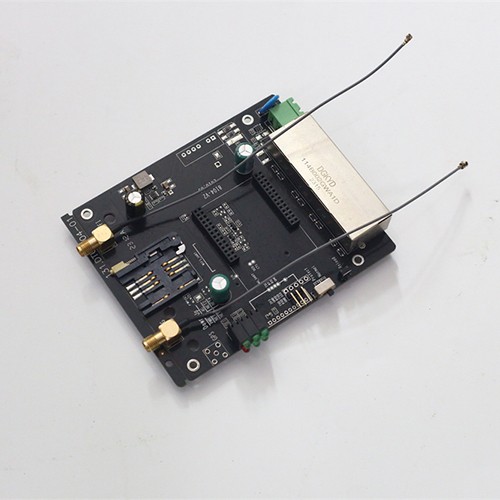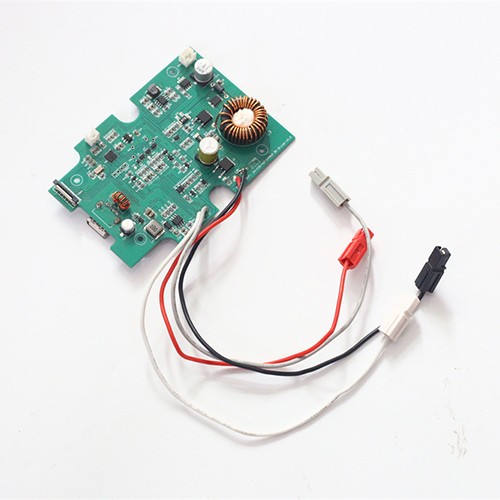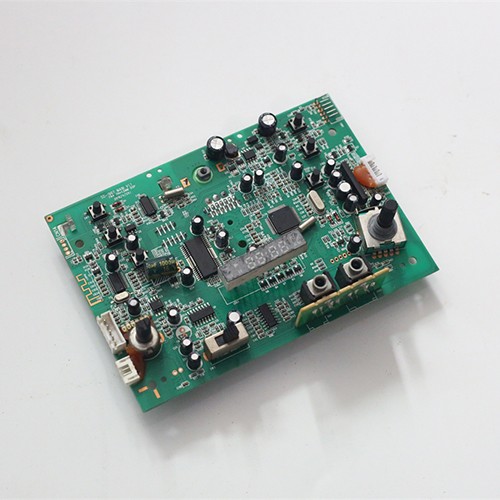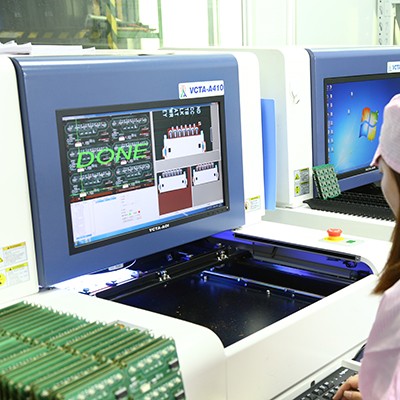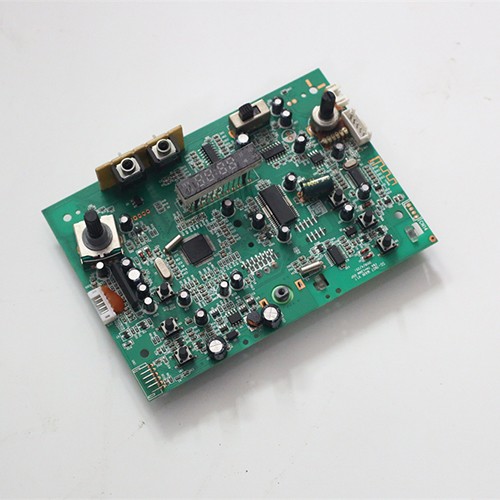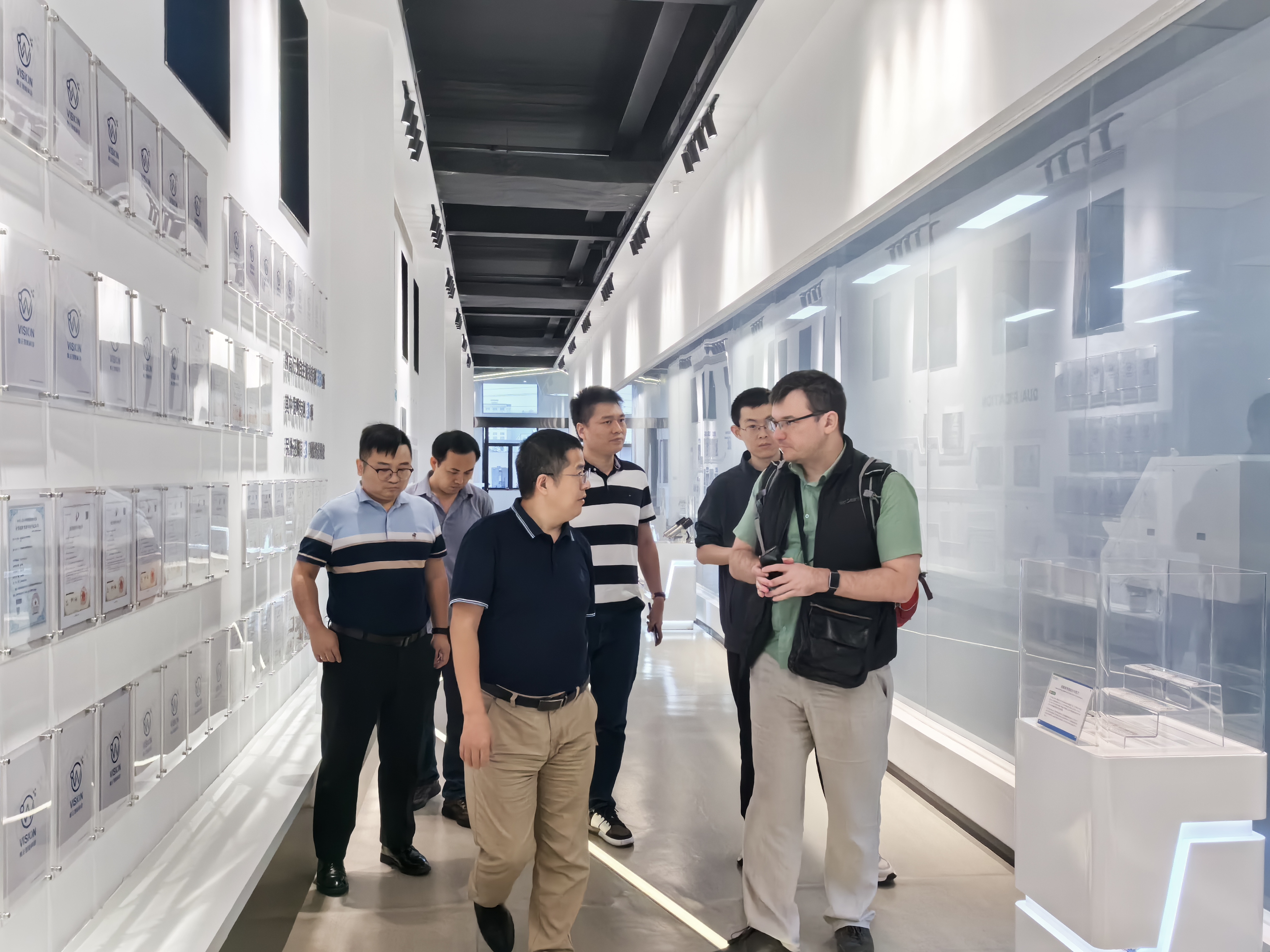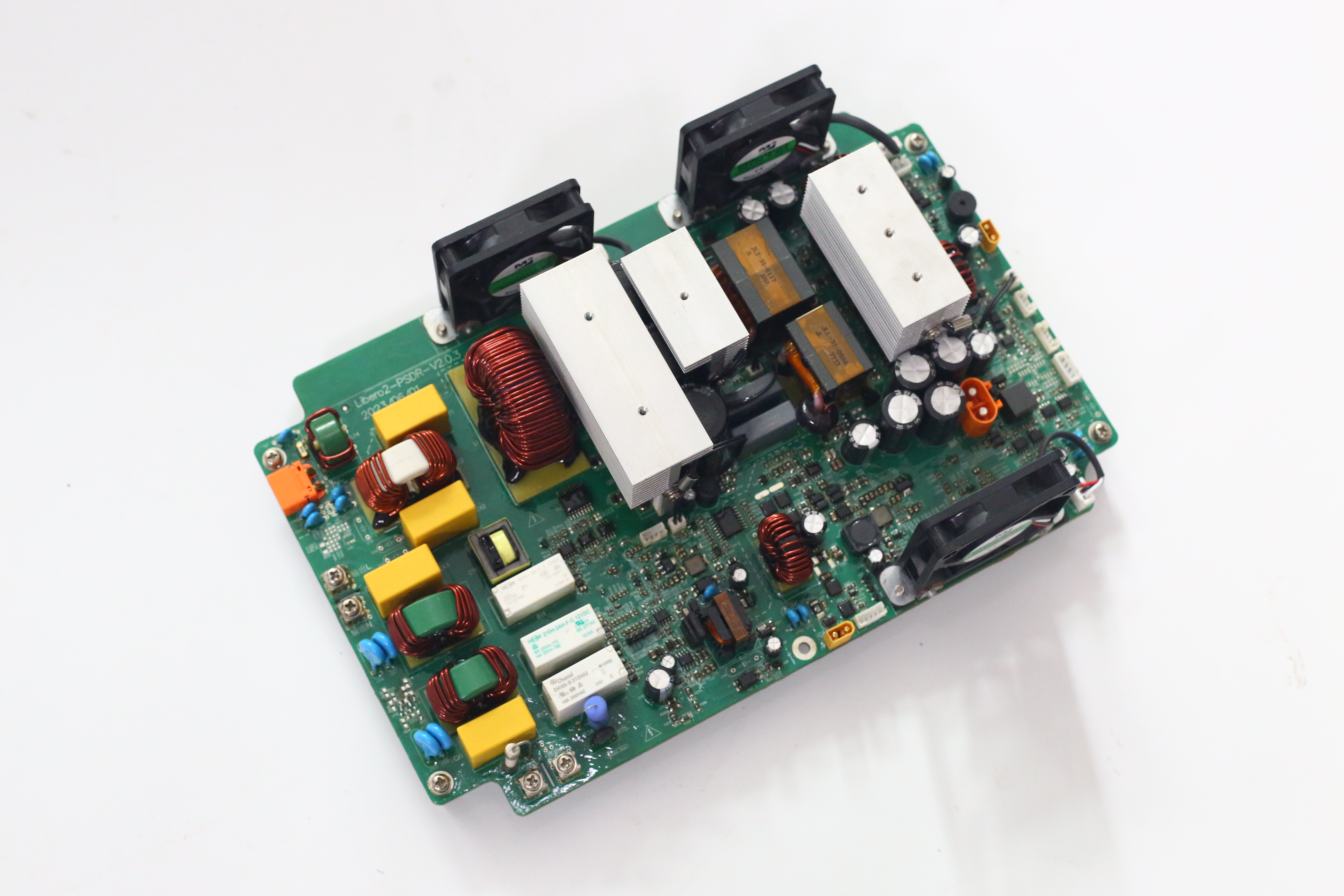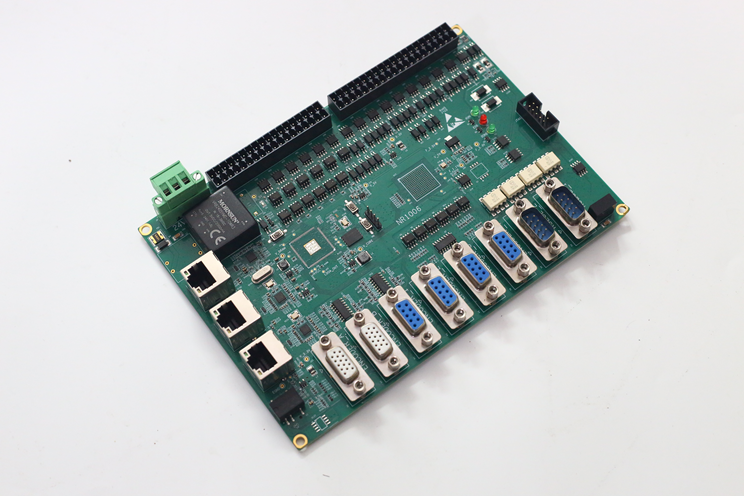IPQC (In-Process Quality Control) is crucial in PCBA (Printed Circuit Board Assembly) production, mainly reflected in
the following aspects:
1. Ensure stable product quality
IPQC runs through the entire PCBA production process, mainly in the SMT, DIP and assembly stages for quality
monitoring to ensure that the product meets the design requirements.
Through testing, abnormalities that may occur in the production process can be discovered in time, such as welding
defects (false solder joints, bridges, solder beads, etc.), component displacement or damage, etc., to prevent
defective products from flowing into the next process.
2. Reduce rework costs
Promptly discovering and correcting problems can reduce rework or scrap costs in the later stages of production and
improve overall production efficiency.
For example, checking the quality of solder joints after SMT reflow soldering and repairing bad solder joints in time
can effectively avoid high rework costs in the DIP or testing stage.
3. Improve production efficiency
Effective monitoring of IPQC can reduce the time waste of downtime waiting for materials, rework, etc., and improve
the continuity and production rhythm of the production line.
By monitoring the status of the equipment, we can ensure that the placement machine, welding equipment, etc. are
in the best working condition, and reduce the risk of abnormal downtime or equipment damage.
4. Improve customer satisfaction
Through strict process quality control, we can ensure the stability and consistency of the product, and reduce quality
complaints and RMA (return for repair) after shipment.
Stable product quality helps to enhance the brand reputation of the company, improve customer satisfaction, and thus
obtain more orders.
5. Data tracking and optimization
IPQC test data can be used to analyze trends in the production process, help optimize process parameters, and
improve production yield.
For example, by counting the welding defect rate over a period of time, we can trace back to the root cause of the
problem, such as equipment parameters, solder paste thickness, or reflow soldering temperature curve, so as to
make targeted improvements.
6. Prevent major quality accidents
Through strict control of IPQC, we can prevent the occurrence of batch defects and reduce the risk of batch scrapping.
Especially in mass production, IPQC can effectively reduce large-scale quality accidents caused by process problems.
Conclusion
IPQC plays the role of "sentinel" and "gatekeeper" in PCBA production, which can ensure the production process is
controlled, reduce the defect rate, improve production efficiency and customer satisfaction. Therefore, enterprises
need to establish a complete IPQC system, formulate clear testing standards, and combine automated testing
(AOI, SPI, ICT, etc.) to improve testing efficiency and ensure the stability and reliability of PCBA product quality.


